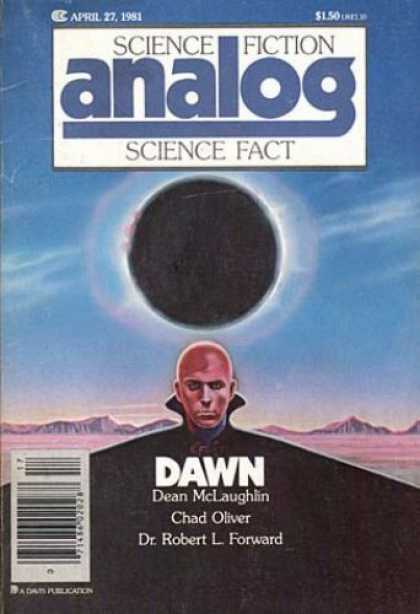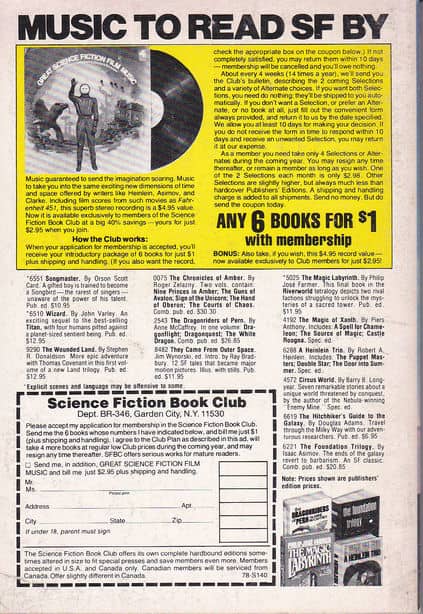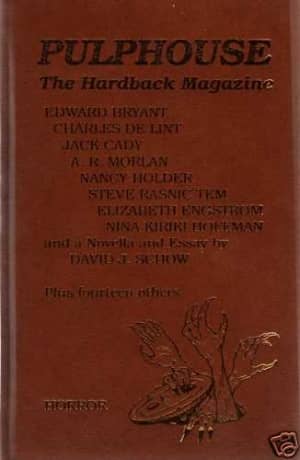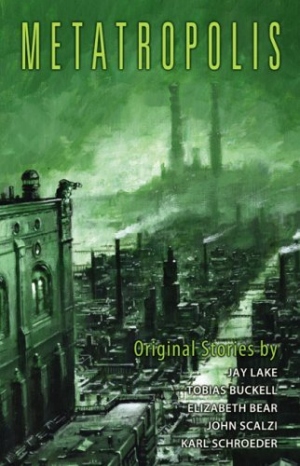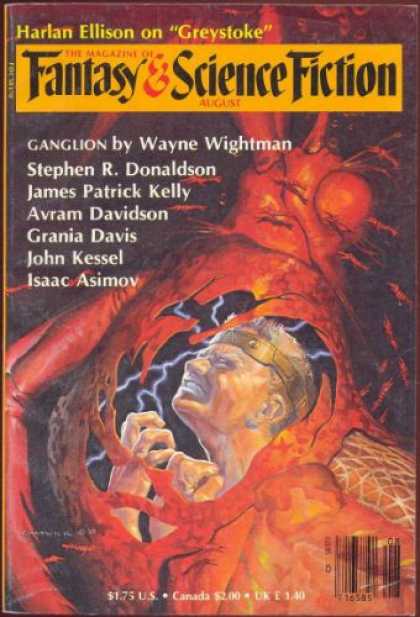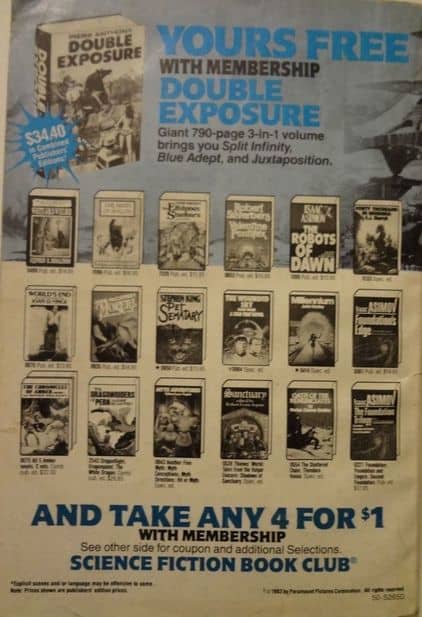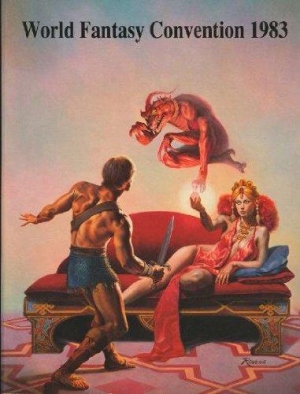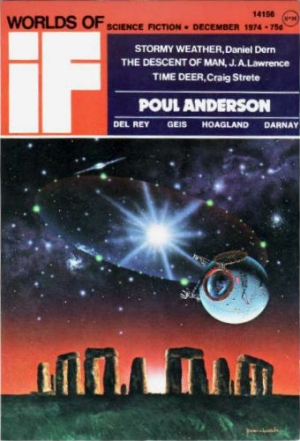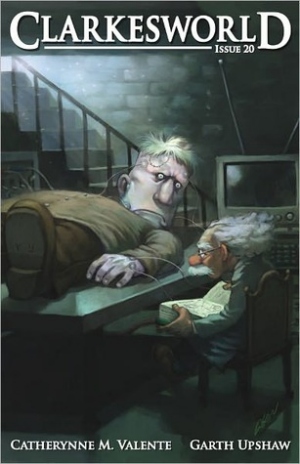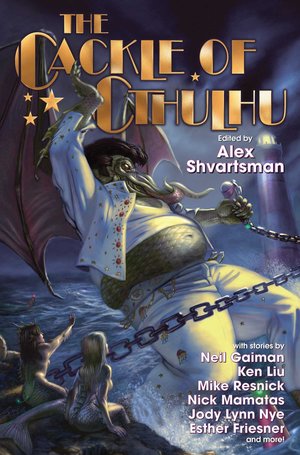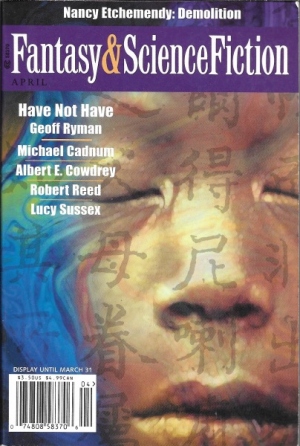Birthday Reviews: Gregory Frost’s “Farewell, My Rocketeer”
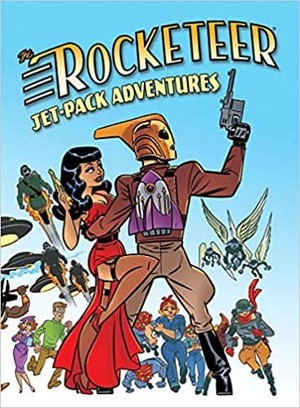
Gregory Frost was born on May 13, 1951.
Gregory Frost’s novelette “Madonna of the Maquiladora” was nominated for the Hugo Award, the Nebula Award, the James Tiptree, Jr. Memorial Award, and the Theodore Sturgeon Memorial Award. Frost has also been nominated for the International Horror Guild Award and World Fantasy Award for his novel Fitcher’s Brides. His Shadowbridge and Lord Tophet jointly were nominated for the Tiptree, and “How Meersh the Bedeviler Lost His Toes” was nominated for the Sturgeon. He also received a Bram Stoker nomination for the story “No Others Are Genuine.” Several of his stories have been collected in Attack of the Jazz Giants and Other Stories, published by Golden Gryphon in 2011.
Cliff Secord’s career as the Rocketeer, a 1930s style pulp hero who is a pilot in his daily life, but secretly has access to a jet pack, has been chronicled in a series of comics and one film. In 2014 several authors were invited to add to his legend with prose stories, one of whom, Gregory Frost, contributed “Farewell, My Rocketeer,” a lost treasure story set in the American Southwest. The shared world anthology The Rocketeer Jet-Pack Adventures was edited by Jeff Conner and Tom Waltz. “Farewell, My Rocketeer” story has not been reprinted.
Secord gets involved in the treasure hunt when he lands at a small airstrip and diner which has been taken over by a disparate group of villains who are seeking gold based on an old treasure map. To save himself and the staff of the diner, who have been taken hostage, Secord agrees to pilot the group’s plane to help them find the treasure after their pilot dies, even though he realizes his own usefulness to the villains will end as soon as he lands them back at the diner, theoretically with the gold.
